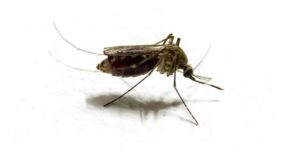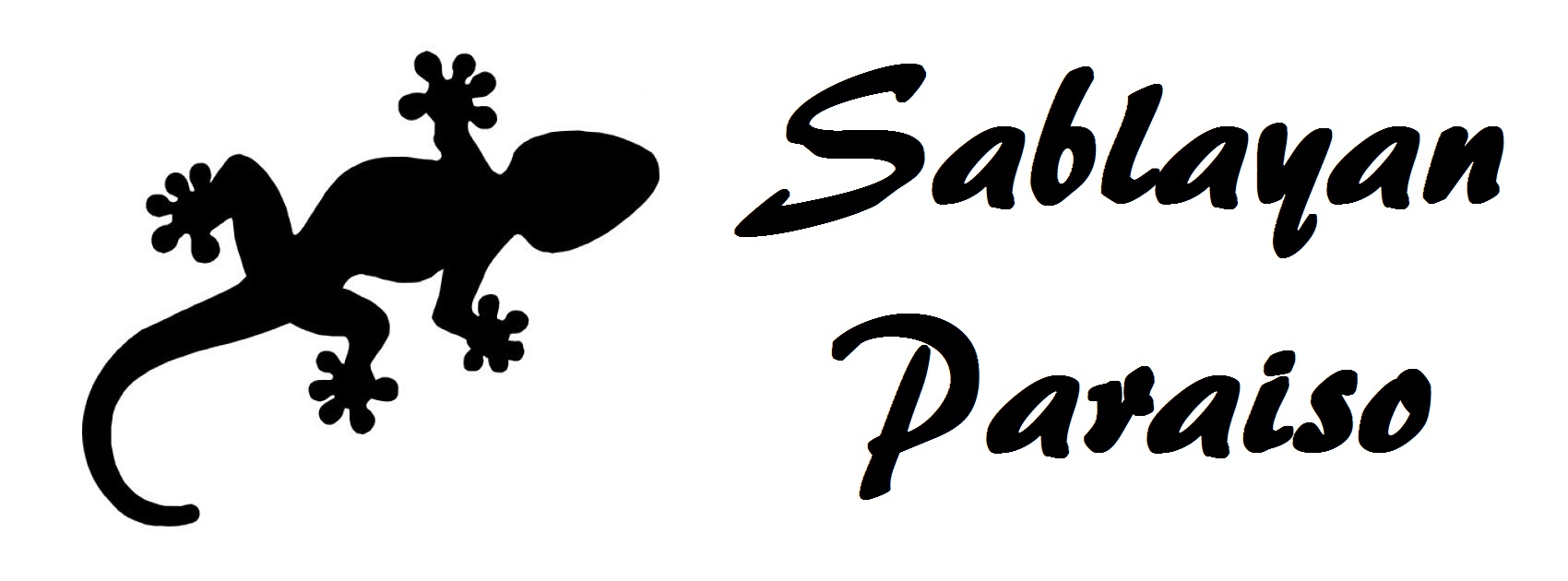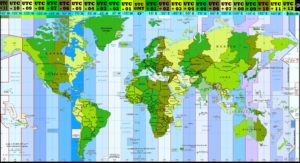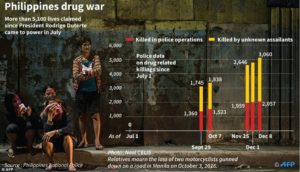Touristic Information
Time Zone
The Philippines are GMT+8 (like Western Australia, China), without Summer Time change aka. Daylight Saving Time.
I.e. 7 (in the winter) or 6 (in the summer) hours more than Europe (CET),
7 (winter) or 8 (summer) hours less than Western America (PST),
11 (winter) or 12 (summer) hours less than Eastern America (AST).
Manila
00:00 (midnight)
06:00 (6 am)
12:00 (noon)
18:00 (6 pm)
Paris, Bruxelles, Berlin
17:00 / 18:00
23:00 / 00:00
05:00 / 06:00
11:00 / 12:00
New York, Ottawa, Bogota
11:00 / 12:00
17:00 / 18:00
23:00 / 00:00
05:00 / 06:00
Los Angeles, Vancouver
07:00 / 08:00
13:00 / 14:00
19:00 / 20:00
01:00 / 02:00
Visa
No visa application required.
You will just get a stamp on your passport when you pass the police at the airport.
Note that it is valid for 21 days (Europe) or 30 days (USA).
In case you stay longer, you will need to renew your visa at the Bureau of Immigration (around 10'000 ₱ per month) - or make a return flight to another country.

Vaccines
No mandatory vaccine.
Hepatitis B and C recommended, as there is little risk.
Outside of Southern Palawan, no malaria in the country.
In case you catch fever, get a checkup at the hospital, as there are traces of Dengue.
Sleep under mosquito nets as much as possible, evt. use mosquito repellant.

Phone Cards
There are 2 big operators, working very well all across the country (including Sablayan): Smart and Globe.
You can buy the SIM card directly inside Manila airport, in the entrance hall, for around 100 ₱.
Take also a few reload cards.
It is also possible to buy a 3G box (called "Pocket WiFi").
Around 3'000 ₱ for the device + 1'000 ₱ /month, also available at the airport.
The signal in rural places (including Sablayan) is not very good, somehow between Edge and 2G.


Drugs, Alcohol & Tobacco
Drug possession is heavily penalized - prison.
Do NOT bring any dope - marijuana, amphetamines, cocaine!
Do NOT buy drugs in the streets.
Since the new president was elected last year, he launched a 'war on drugs', where thousands of drug dealers, drug consumers and strangers have been executed, either by the police or individuals.
Alcohol and tobacco are cheap here: Count around 60 ₱ for a local beer in a bar, and less than 100 ₱ for international cigarettes, i.e. cheaper than at the Duty Free in Western airports.
Language
The main language spoken in the Philippines is Tagalog, belonging to the Malay language family (together with Malay, Indonesian, Hawaiian, Maori...). There are also many local dialects - but on Mindoro, Tagalog is standard.
They have another official language, English. Thanks to the American presence in the 20th century, as they reorganized the whole educative system. Nowadays, English is still learnt very early at school, and everyone who did studies will be fluent. Most people can at least speak a little English - apart maybe from some farmers or fishermen.
Spanish has been completely forgotten, I have not met anyone speaking it yet.
Tagalog also has many English and Spanish inserts, often phonetically retranscripted (ex: kalye for Spanish calle, meaning road, or kotse for coche, meaning car).
The writing is fully phonetical - WYSIWYG: one letter = one sound;
By hearing a word you can write it down and vice-versa, like in Spanish or in German.
Funnily, for counting, they use no less than 3 parallel systems, one in Tagalog, one in phonetic Spanish, one in English. They can use them indifferently for anything. It looks like the Spanish one is preferred for the time of the day ("a las doce").
Mabuhay: Welcome - and cheers
Magandang umaga: Good morning
Magandang hapun: Good afternoon
Magandang gabi: Good evening
Babay: Goodbye
Salamat (po): Thank you
Walang anuman (po): You're welcome
Oo (opo): Yes
Hindi (po): No
Kumusta ka: How are you doing?
Mabuti naman: Very well
Tubig: Water
Serbesa: Beer
Kape: Coffee
1: Isa - Uno - One
2: Dalawa - Dos - Two
3: Tatlo - Tres - Three
4: Apat - Kuwatro - Four
5: Lima - Singko - Five
10: Sampu - Diyes - Ten
100: Isandaan - Siyento - Hundred



